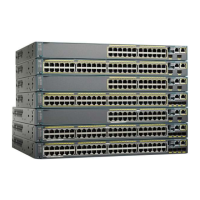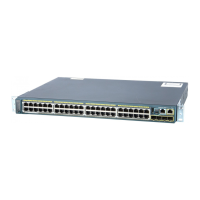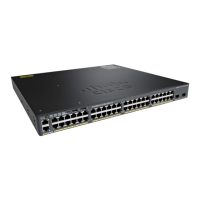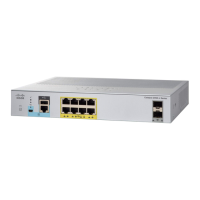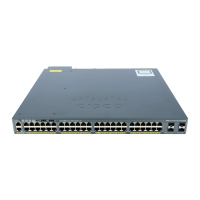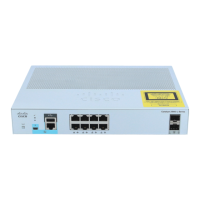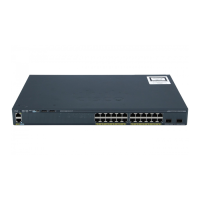RADIUS Progress Codes
The RADIUS Progress Codes feature adds additional progress codes to RADIUS attribute 196
(Ascend-Connect-Progress), which indicates a connection state before a call is disconnected through progress
codes.
Attribute 196 is sent in network, exec, and resource accounting “start” and “stop” records. This attribute can
facilitate call failure debugging because each progress code identifies accounting information relevant to the
connection state of a call. The attribute is activated by default; when an accounting “start” or “stop” accounting
record is requested, authentication, authorization, and accounting (AAA) adds attribute 196 into the record
as part of the standard attribute list. Attribute 196 is valuable because the progress codes, which are sent in
accounting “start” and “stop” records, facilitate the debugging of call failures.
In accounting “start” records, attribute 196 does not have a value.
Note
Table 93: Newly Supported Progress Codes for Attribute 196
DescriptionCode
Modem allocation and negotiation is complete; the
call is up.
10
The modem is up.30
The modem is waiting for result codes.33
The max TNT is establishing the TCP connection by
setting up a TCP clear call.
41
Link control protocol (LCP) is the open state with
PPP and IP Control Protocol (IPCP) negotiation; the
LAN session is up.
60
PPP negotiation occurs and, initially, the LCP
negotiation occurs; LCP is in the open state.
65
After PPP negotiation with LCP in the open state
occurs, IPCP negotiation begins.
67
Progress codes 33, 30, and 67 are generated and seen through debugs on the NAS; all other codes are
generated and seen through debugs and the accounting record on the RADIUS server.
Note
Consolidated Platform Configuration Guide, Cisco IOS Release 15.2(4)E (Catalyst 2960-X Switches)
923
Information about RADIUS
